Buffett Faculty Fellows (2025–26)
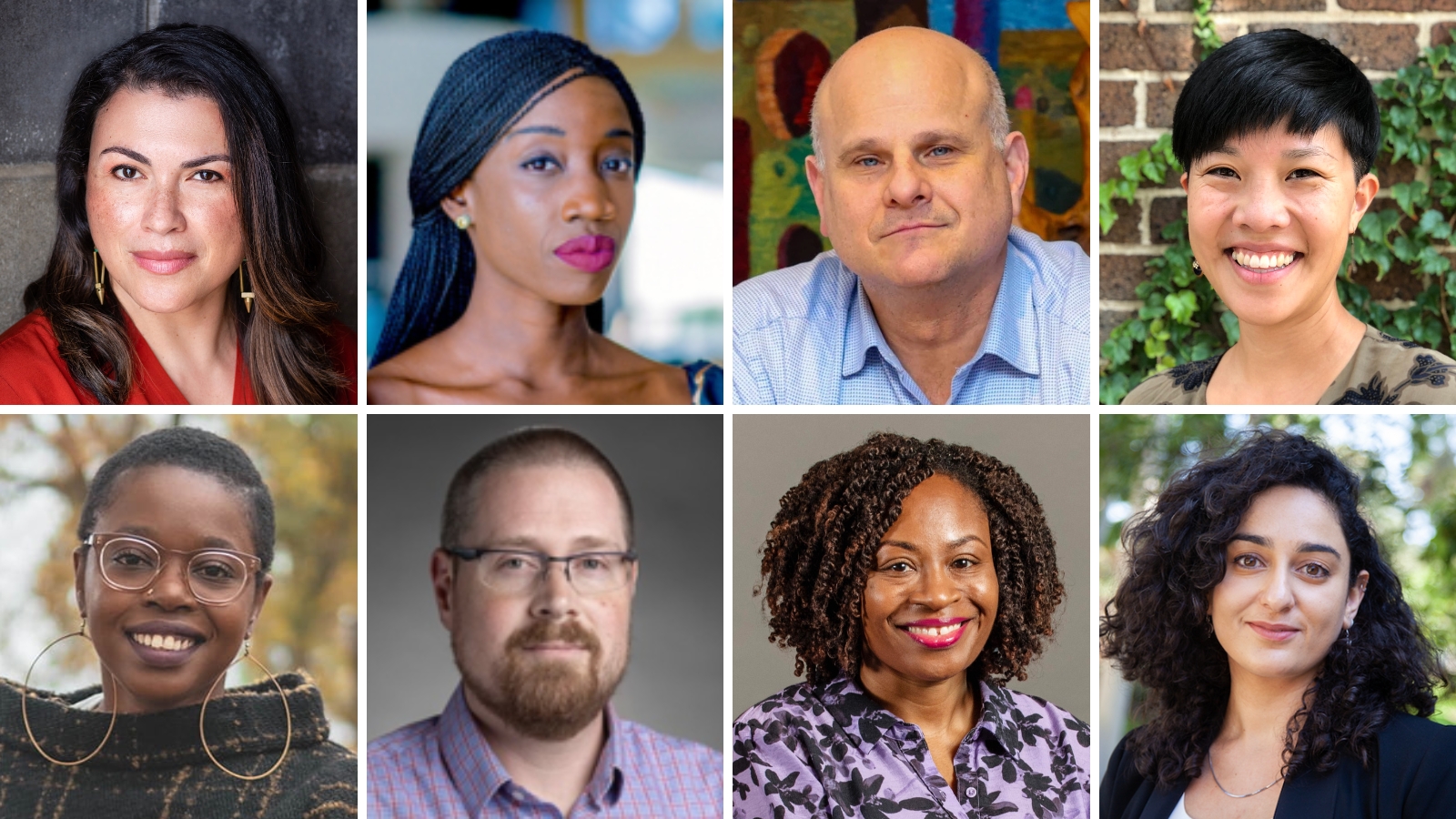
Our Buffett Faculty Fellows are full-time Northwestern faculty whom the Roberta Buffett Institute has awarded a non-residential fellowship to pursue their international research during the 2025–26 academic year.
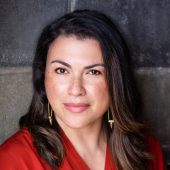 Lina Britto's (History and Latin American & Caribbean Studies) The Hippie Mafia: A Countercultural History of Drug Trafficking in the Caribbean reconstructs and analyzes how the US countercultural generation of the 1960s and 1970s not only pioneered new forms and meanings of marijuana consumption, but also inaugurated novel ways of importing, commercializing and distributing it, helping to transform an existing petty trade in psychoactive substances into a profitable transnational business that moved tons of “bud” across international and interstate borders.
Lina Britto's (History and Latin American & Caribbean Studies) The Hippie Mafia: A Countercultural History of Drug Trafficking in the Caribbean reconstructs and analyzes how the US countercultural generation of the 1960s and 1970s not only pioneered new forms and meanings of marijuana consumption, but also inaugurated novel ways of importing, commercializing and distributing it, helping to transform an existing petty trade in psychoactive substances into a profitable transnational business that moved tons of “bud” across international and interstate borders.
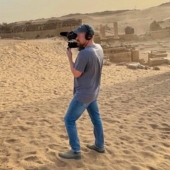 Yemen Mosaic, directed by Brent E. Huffman (Medill School of Journalism), is a feature-length documentary about Yemeni women working to save the cultural heritage of Yemen as they face a perfect storm of threats: war, looting and climate change. The documentary looks at heritage and archaeology work happening in multiple cities in Yemen like Shibam, Dhamar, Taiz, Marib and Sanaa.
Yemen Mosaic, directed by Brent E. Huffman (Medill School of Journalism), is a feature-length documentary about Yemeni women working to save the cultural heritage of Yemen as they face a perfect storm of threats: war, looting and climate change. The documentary looks at heritage and archaeology work happening in multiple cities in Yemen like Shibam, Dhamar, Taiz, Marib and Sanaa.
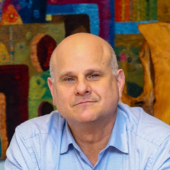 Dean Karlan’s (Kellogg School of Management) Rebuilding US Foreign Assistance project has three aims: (1) continue and expand a meta-analysis initiative focused on identifying cost-effective development interventions alongside contextualization guides for implementation and funding, (2) engage with non-US government bilateral and large donors to integrate insights from evidence into their funding decisions and (3) create and co-lead a bipartisan blueprint for the future of US foreign aid.
Dean Karlan’s (Kellogg School of Management) Rebuilding US Foreign Assistance project has three aims: (1) continue and expand a meta-analysis initiative focused on identifying cost-effective development interventions alongside contextualization guides for implementation and funding, (2) engage with non-US government bilateral and large donors to integrate insights from evidence into their funding decisions and (3) create and co-lead a bipartisan blueprint for the future of US foreign aid.
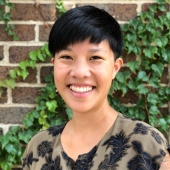 katrina quisumbing king’s (Sociology) project, Gradations of Sovereignty & Citizenship in U.S. Empire, 1848–1979 explores how US state actors manipulated international law to their interests and leveraged ideas of racial difference to make decisions about who and what belonged to the US. This long history reveals how politicians, bureaucrats, and judges claimed sovereignty over foreign territories, limited the rights of inhabitants, and set precedent that holds to this day.
katrina quisumbing king’s (Sociology) project, Gradations of Sovereignty & Citizenship in U.S. Empire, 1848–1979 explores how US state actors manipulated international law to their interests and leveraged ideas of racial difference to make decisions about who and what belonged to the US. This long history reveals how politicians, bureaucrats, and judges claimed sovereignty over foreign territories, limited the rights of inhabitants, and set precedent that holds to this day.
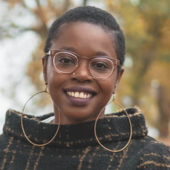 KB Dennis Meade’s (Religious Studies) book, A New & Living Way: Black Religious Placemaking in Modern Jamaica, explores the intersections of race, religion and place in an inner-city community in Kingston, Jamaica. Through an exploration of the historical past and ethnographic present, the book foregrounds the political, religious and spatial tensions that shape identity formation in this community.
KB Dennis Meade’s (Religious Studies) book, A New & Living Way: Black Religious Placemaking in Modern Jamaica, explores the intersections of race, religion and place in an inner-city community in Kingston, Jamaica. Through an exploration of the historical past and ethnographic present, the book foregrounds the political, religious and spatial tensions that shape identity formation in this community.
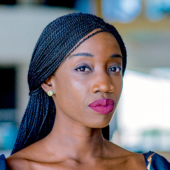 Sally A. Nuamah’s (Human Development & Social Policy) Exile Archives will support the efforts of local leaders to broaden current understandings of African indigenous knowledge systems and integrate them into educational frameworks that are both historically and culturally rooted. Based in Ghana, this project will help to document, preserve, and activate community-held knowledge through collaborative archival practices that center local voices and epistemologies.
Sally A. Nuamah’s (Human Development & Social Policy) Exile Archives will support the efforts of local leaders to broaden current understandings of African indigenous knowledge systems and integrate them into educational frameworks that are both historically and culturally rooted. Based in Ghana, this project will help to document, preserve, and activate community-held knowledge through collaborative archival practices that center local voices and epistemologies.
 Kennetta Hammond Perry’s (Black Studies) Living & Dying in David Oluwale’s Britain takes the life, death and legacy of David Oluwale, a Nigerian-born man believed to have been murdered by police in Leeds, England in 1969 as a point of departure to examine histories of racialized state violence in Britain. In doing so, it explores a number of themes including the relationship between the welfare state and the carceral state, how we contend with archives that distort and disfigure Black life and reckoning with disavowed histories of a nation.
Kennetta Hammond Perry’s (Black Studies) Living & Dying in David Oluwale’s Britain takes the life, death and legacy of David Oluwale, a Nigerian-born man believed to have been murdered by police in Leeds, England in 1969 as a point of departure to examine histories of racialized state violence in Britain. In doing so, it explores a number of themes including the relationship between the welfare state and the carceral state, how we contend with archives that distort and disfigure Black life and reckoning with disavowed histories of a nation.
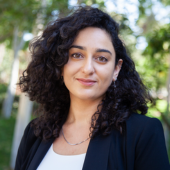 Sulafa Zidani (Communication Studies) will work on her book project, All Your Meme Are Belong to Us: Internet Cultures in the Global South, which focuses on creative online practices across geopolitical contexts and languages to investigate how multilinguistic meme creators navigate the changing power dynamics of globalization. Contributing to conversations on technology, culture, and power, the book pushes towards a new understanding of internet cultures.
Sulafa Zidani (Communication Studies) will work on her book project, All Your Meme Are Belong to Us: Internet Cultures in the Global South, which focuses on creative online practices across geopolitical contexts and languages to investigate how multilinguistic meme creators navigate the changing power dynamics of globalization. Contributing to conversations on technology, culture, and power, the book pushes towards a new understanding of internet cultures.
